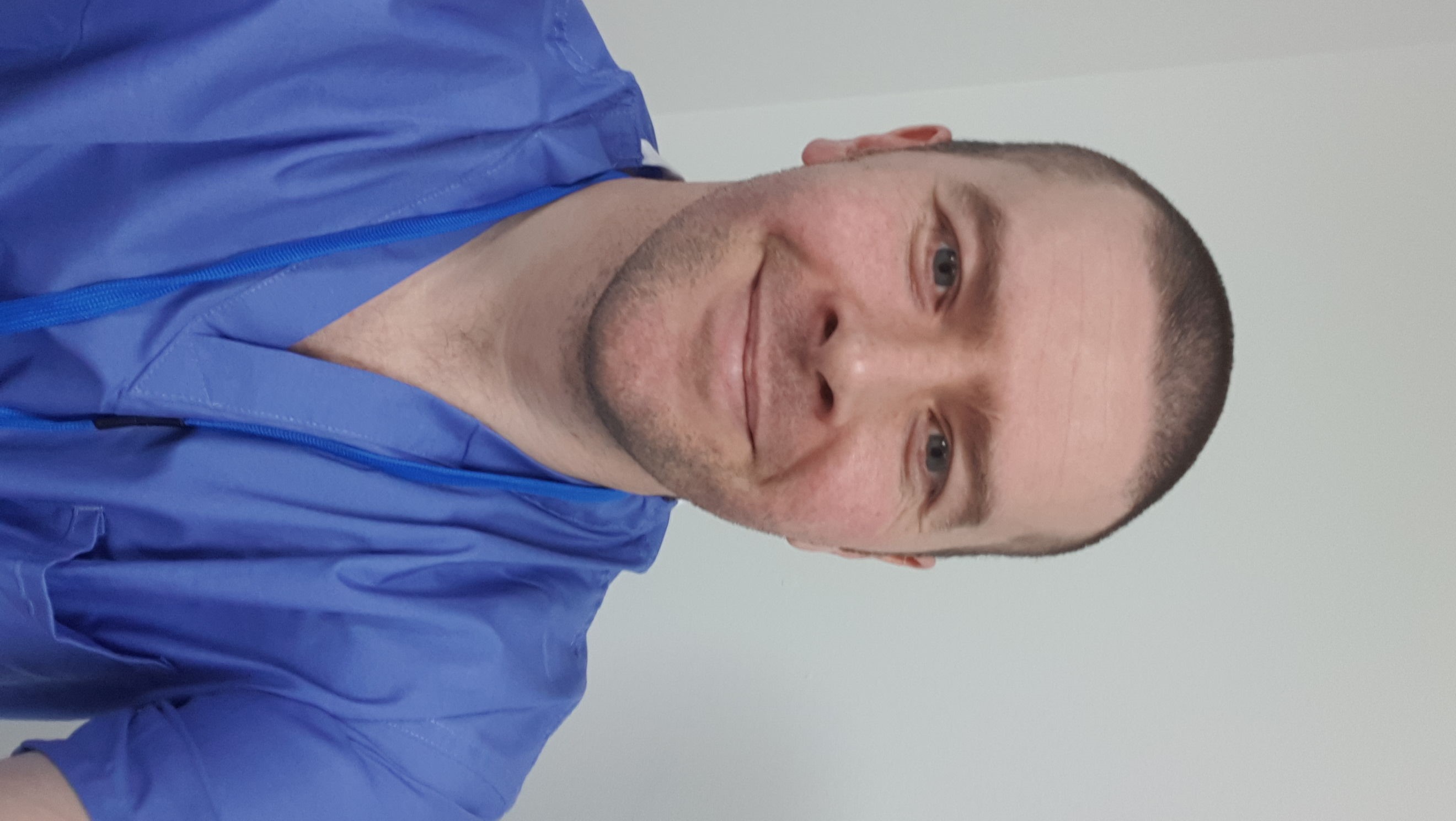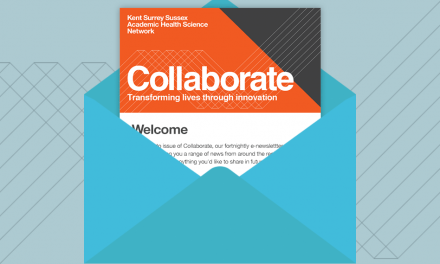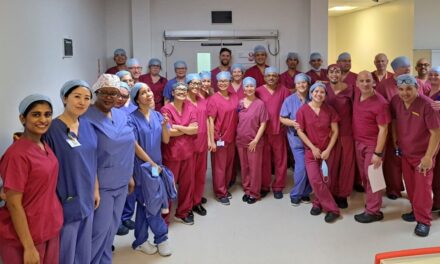 As the NHS marks its 72nd anniversary on 5 July we are thanking all of those who have supported us in what is the most challenging year in NHS history. Those challenges would have been made all but impossible without the help of countless individuals and organisations around the country. As well as key workers and members of the public volunteering to support the NHS and social care providers, we have also seen staff go above and beyond to help their colleagues.
As the NHS marks its 72nd anniversary on 5 July we are thanking all of those who have supported us in what is the most challenging year in NHS history. Those challenges would have been made all but impossible without the help of countless individuals and organisations around the country. As well as key workers and members of the public volunteering to support the NHS and social care providers, we have also seen staff go above and beyond to help their colleagues.
John Lodge is one of many NHS members of staff who have gone the extra mile to support their frontline colleagues.
John works for NHS England and NHS Improvement London in quality improvement and has been redeployed to support frontline services during the Covid-19 pandemic. As part of his efforts, John saw a way he could help improve the redeployment process to quickly match people’s skills and time to where it was needed most – and went above and beyond to reconfigure the technology behind a skills exchange time bank, called Hexitime.
Explaining his story, John said:
“As the Covid-19 pandemic hit hospitals in London, I volunteered to go and help out colleagues on the frontline.
“Before I joined the NHS, I spent my career in the armed forces and I gained a lot of humanitarian experience from my service, so I knew I could muck in and contribute. I volunteered through a charity called RE:ACT, which deploys ex-military personnel into humanitarian relief efforts, and I went to work to at the NHS Nightingale hospital mortuary where I worked both day and night shifts.
“I soon realised that while there were many highly-skilled and willing volunteers wanting to help frontline staff, and plenty of tasks for them to be supporting, the redeployment process itself was limited by manpower to coordinate people with places quick enough.
“Working in quality improvement, I’m always looking for ways we can do things better and realised I had a solution that could help speed the redeployment process up. A couple of years ago I worked with a fellow improvement enthusiast, Dr. Hesham Abdalla, to develop an award-winning skills exchange platform for health and social care called Hexitime. It allows people to offer their expertise or simply to request them from others to progress improvement work. Hexitime covers the whole of England and has a number of strategic partners, including well developed links with regional and local organisations in Kent, Surrey and Sussex.
“So, in between my shifts at the mortuary, I started to develop the platform to support the Covid-19 response. Hexitime enables health and social care staff to offer their skills and knowledge to other colleagues free of charge, while others can ask for help. The shift to focusing on Covid-19 gives staff a really easy way to find or make relevant offers of help – for example, trusts can ask for support to staff a hospital ward’s telephone or help to restock PPE stations. In this way it works on a peer-to-peer basis and allows a coordinator to have oversight of the activity and identify areas on the frontline that need additional support.
“We have seen some fantastic generous offers: staff giving health and wellbeing support, advice on wearing PPE and conducting after-action reviews, and even one member offering emergency childcare cover! We have also seen several requests made: at the NHS Nightingale hospital we put a request out for more mortuary staff, and within 24 hours we had fulfilled the demand. We had a deaf doctor post a request for support to develop safe PPE that permitted lip reading for better communication and patient experience, which started a conversation offline.”
John is now back working in the regional team at NHS England and NHS Improvement, where he continues to support Trusts to develop their organisational approaches to improvement.
He added: “I think repurposing Hexitime for the Covid-19 response has resulted in a highly innovative, tested, free to use staff-redeployment platform which could be considered as a viable resource by organisations if we go into a second wave of the pandemic.”





